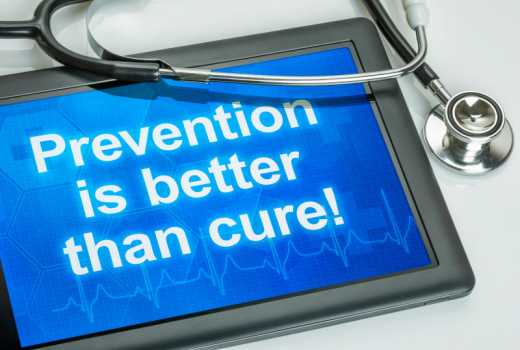×
The Standard e-Paper
Join Thousands Daily

1. PLASTIC UTENSILS NOT GOOD FOR YOUR HEALTH
Plastics contain phthalates. These are substances added to plastics to increase their flexibility, durability and transparency. Many plastic household items such as food containers as well as toys, cleaning agents and personal care products contain elements of phthalates.